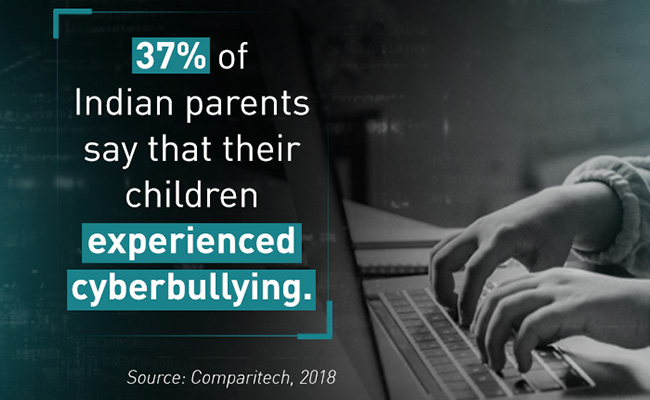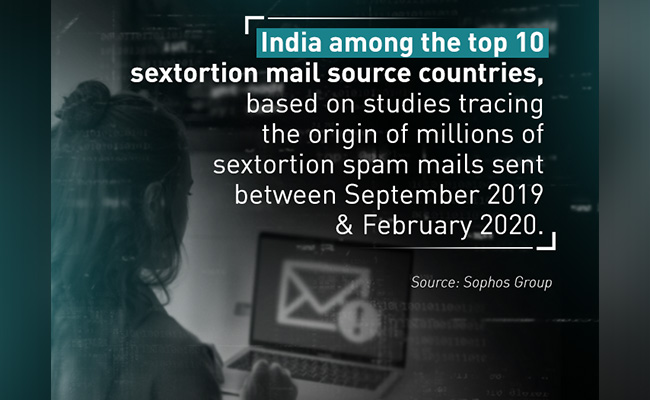The digital environment that the pandemic created has further taken over practically every aspect of our lives. All our needs are being met online. Young adults, especially those in schools, are consuming and interacting with data like never before. But we are not just getting from the online world, we are also giving out something vital - information. About us. Without even knowing it.
Cybercrime, which includes everything from theft and embezzlement to data hacking and identity theft, was up 600 per cent as a result of the pandemic. But the vast majority of teens and young adults are not aware of the perils of the online world.
How can we keep our young adults safe from an increasingly online world? How can we inculcate the correct values and ethics for responsible digital engagement? Find out how to stay safe in Cyberia with Amrita University's 'Safe In Cyberia'.
Here are the Highlights of #SafeInCyberia Telethon:
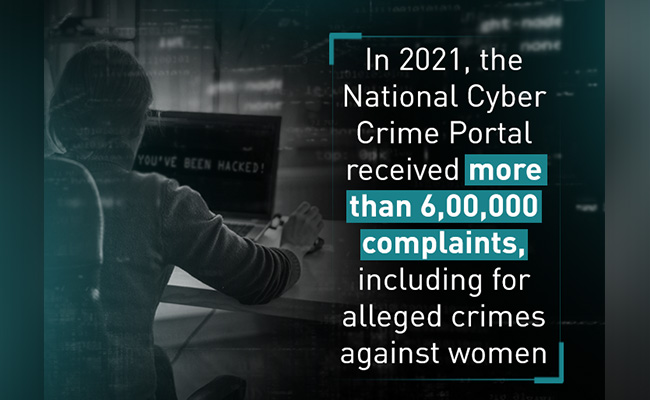
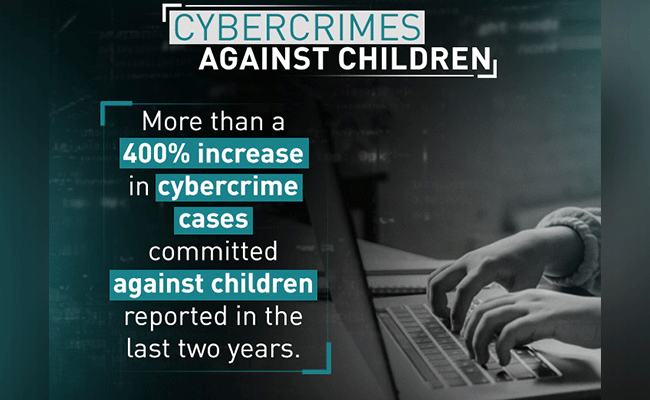
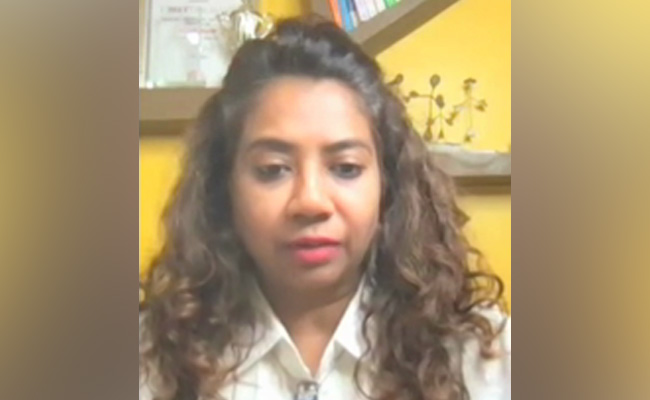 It's no longer the next phase, it's already a current phase where the children's gaming world has progressed much more in technology. most of the games have real-life characters and that's why we are hearing all these instances of children getting too absorbed in the game, in the character and the aggression of the game coming out in real life as well. having worked with a lot of children who have been addicted to certain games online, where I see an intervention is where parents are extremely alert, attentive and involved.
It's no longer the next phase, it's already a current phase where the children's gaming world has progressed much more in technology. most of the games have real-life characters and that's why we are hearing all these instances of children getting too absorbed in the game, in the character and the aggression of the game coming out in real life as well. having worked with a lot of children who have been addicted to certain games online, where I see an intervention is where parents are extremely alert, attentive and involved. During the COVID-19 pandemic, cybercrime has increased. When I interact with young children, often girls tell me that if they have shared their personal images with their boyfriends, they end up blackmailing them and posting their pictures. Such instances or as simple as, children feeling complicated about their self-image. Often children think that likes define them. They start doubting themselves and it can have a very lasting impact on their lives.
During the COVID-19 pandemic, cybercrime has increased. When I interact with young children, often girls tell me that if they have shared their personal images with their boyfriends, they end up blackmailing them and posting their pictures. Such instances or as simple as, children feeling complicated about their self-image. Often children think that likes define them. They start doubting themselves and it can have a very lasting impact on their lives.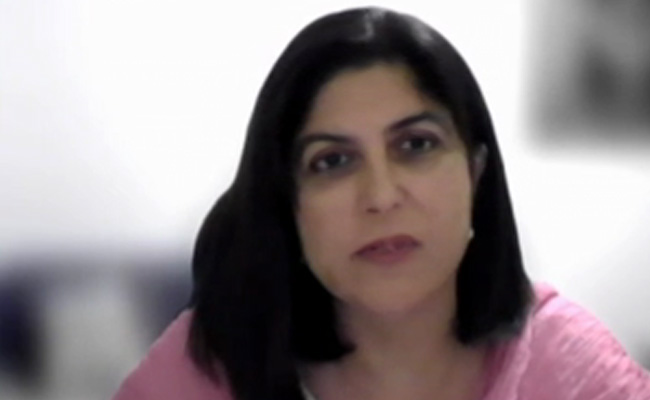 I think what we mean to do is to make sure that the apps are used only for people to connect and connect safely, hence we give the options to control what you share and what you can share like location is automatically sent to a private setting for minors. You can actually customise what you're sharing unless it's abusive, or with your family or colleagues. If someone is troubling you , you can block or report people and that's the way we know. If you block someone, they might try other means of contacting you, restricting option is also available.
I think what we mean to do is to make sure that the apps are used only for people to connect and connect safely, hence we give the options to control what you share and what you can share like location is automatically sent to a private setting for minors. You can actually customise what you're sharing unless it's abusive, or with your family or colleagues. If someone is troubling you , you can block or report people and that's the way we know. If you block someone, they might try other means of contacting you, restricting option is also available.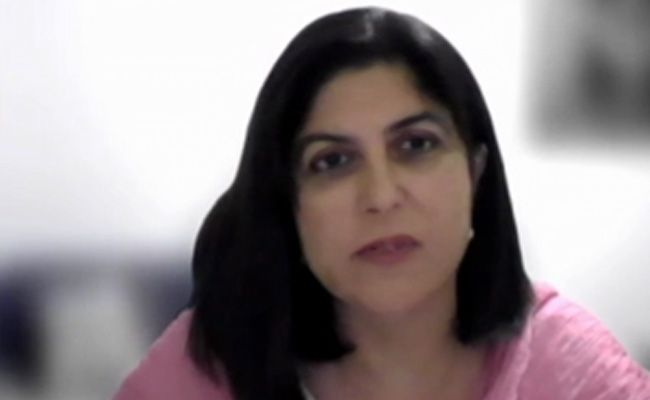 At meta, we have zero tolerance for child sexual exploitation. The technology is open source, 99 per cent of the content comes down before it's used. We are trying to prevent the harm before it happens, looking at suspicious adults from contacting children and young people, and we are using technology to protect children.
At meta, we have zero tolerance for child sexual exploitation. The technology is open source, 99 per cent of the content comes down before it's used. We are trying to prevent the harm before it happens, looking at suspicious adults from contacting children and young people, and we are using technology to protect children.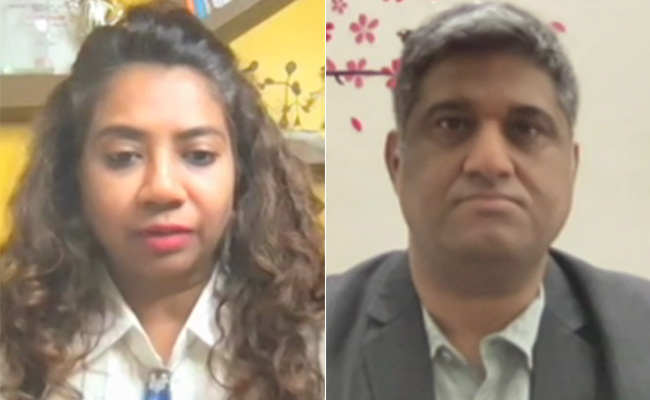 In Troll Police, the whole idea was that anonymity is simply a myth. While the show catered to the celebrities but it's absolutely wrong and they are just humans like us. We would meet the trolls and realise that they were ordinary people who were trolling only for time pass and they didn't realise what they are doing. Sensitisation is extremely important.
In Troll Police, the whole idea was that anonymity is simply a myth. While the show catered to the celebrities but it's absolutely wrong and they are just humans like us. We would meet the trolls and realise that they were ordinary people who were trolling only for time pass and they didn't realise what they are doing. Sensitisation is extremely important.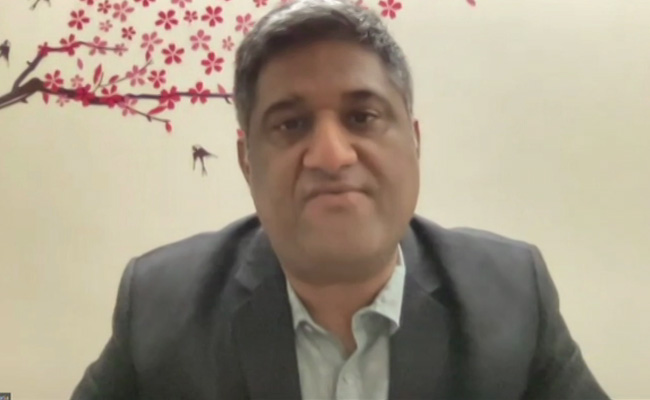 As far as cyber-bullying is concerned, it's one part of the cyber harassment. Under cyber harassment, there are several things like trolling. When trolling happens with kids, we call it cyber bullying. We have seen several people being bullied to such an extent that they want to commit suicide. It's extremely important, there are kids who can't talk to parents or teachers about it. At that point of time, it's very important to talk to friends or get in touch with anti-cyber organisations such as CYBER B.A.A.P. or somebody else. Speak to them. This is something that can be taken care of. When someone is being trolled we generally keep quiet. Here we need to come together and stop the bullying.
As far as cyber-bullying is concerned, it's one part of the cyber harassment. Under cyber harassment, there are several things like trolling. When trolling happens with kids, we call it cyber bullying. We have seen several people being bullied to such an extent that they want to commit suicide. It's extremely important, there are kids who can't talk to parents or teachers about it. At that point of time, it's very important to talk to friends or get in touch with anti-cyber organisations such as CYBER B.A.A.P. or somebody else. Speak to them. This is something that can be taken care of. When someone is being trolled we generally keep quiet. Here we need to come together and stop the bullying. When I was young, there was no such education. I strongly believe it's not a luxury that we are providing children, it's their human right. When we talk about international laws, UNCRC is in place in our country. Article 19 on UNCRC clearly states that the state needs to use adequate measures so that children get knowledge. We are doing it through animation, a knowledge that children understand.
When I was young, there was no such education. I strongly believe it's not a luxury that we are providing children, it's their human right. When we talk about international laws, UNCRC is in place in our country. Article 19 on UNCRC clearly states that the state needs to use adequate measures so that children get knowledge. We are doing it through animation, a knowledge that children understand.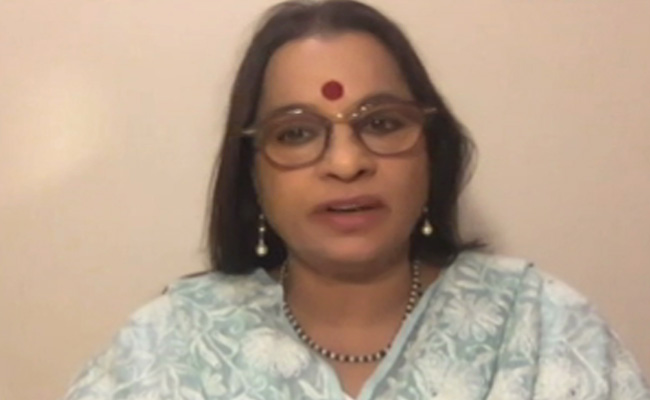 There is a need for policy change. We have reached out to 5 lakh schools in the country with how to make best use of tech space, and what is very important is we need it to be a compulsory school curriculum how to be online and how to keep yourself safe. It's not just social media but there are lots of sites. This should be implemented by CBSE and parents' knowledge on these issues is very important
There is a need for policy change. We have reached out to 5 lakh schools in the country with how to make best use of tech space, and what is very important is we need it to be a compulsory school curriculum how to be online and how to keep yourself safe. It's not just social media but there are lots of sites. This should be implemented by CBSE and parents' knowledge on these issues is very important 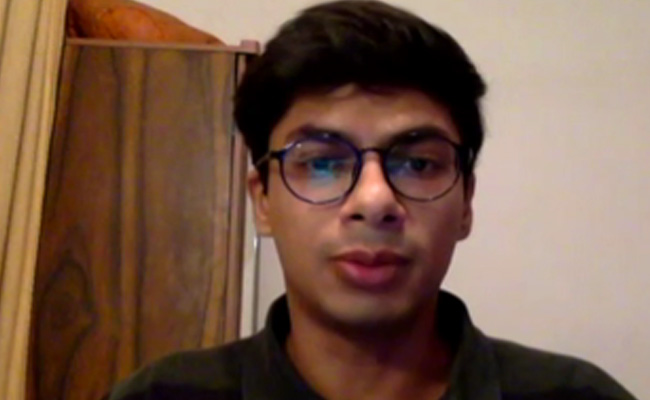 We currently do not in law have rights for our data protection. There are some provisions in the IT act about certain kinds of images and sensitive information, but the idea where our personal information is given the right and recognised is important. This culture of awareness is extremely important. If a company is to use your personal data they are to declare what they are using it for and the anchor needs to be taken on a consent, hence the vision of a data protection law and the person using your data is, you still need to have continued right over your data and how to correct it or to stop it from being published.
We currently do not in law have rights for our data protection. There are some provisions in the IT act about certain kinds of images and sensitive information, but the idea where our personal information is given the right and recognised is important. This culture of awareness is extremely important. If a company is to use your personal data they are to declare what they are using it for and the anchor needs to be taken on a consent, hence the vision of a data protection law and the person using your data is, you still need to have continued right over your data and how to correct it or to stop it from being published. 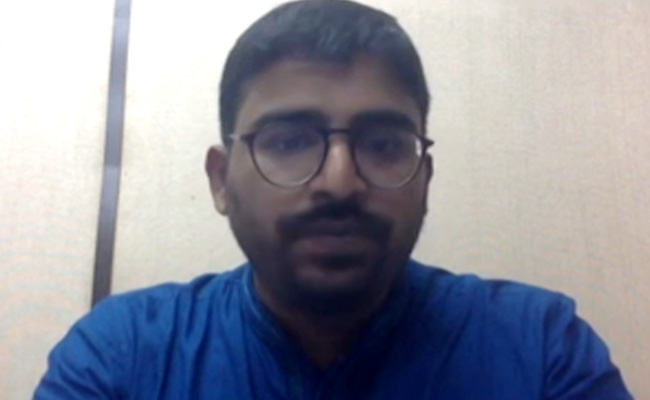 It is a very interesting age group (15-30-year-old) and that's when we are most curious, but the right sources don't exist to answer these questions. There are not a lot of sources and awareness is needed. This age group is already online and they want to exercise their privacy. What needs to happen is how the world works, teach them responsibility on how to behave online and advocacy around awareness is important.
It is a very interesting age group (15-30-year-old) and that's when we are most curious, but the right sources don't exist to answer these questions. There are not a lot of sources and awareness is needed. This age group is already online and they want to exercise their privacy. What needs to happen is how the world works, teach them responsibility on how to behave online and advocacy around awareness is important.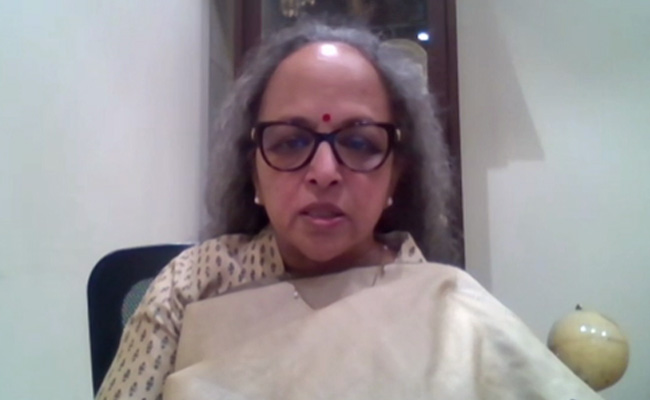 While privacy is declared as a fundamental right, we first need legislation and enforcement to make sure it is operationalised. In terms of the rights, whether it's children or adults in the online world, they need to be familiar with what are the risks of online platforms and how do you responsible use that. Given the current landscape of India where a lot of users are coming line now or many of them are not digitally very literate. The cognitive burden of building those kinds of controls and safety mechanisms should also rest with the actual providers of those platforms. The providers could be industry members or government agencies. What are the controls you are putting in place so that any personal data is being shared, you are responsibly collecting and sharing it? And when it comes to children, are you really doing some necessary age verification as there are technological solutions to do so. When it comes to rights, given that we really don't have a legal framework yet, I would say there are no rights as such but you do have the IT act and sensitive personal data.
While privacy is declared as a fundamental right, we first need legislation and enforcement to make sure it is operationalised. In terms of the rights, whether it's children or adults in the online world, they need to be familiar with what are the risks of online platforms and how do you responsible use that. Given the current landscape of India where a lot of users are coming line now or many of them are not digitally very literate. The cognitive burden of building those kinds of controls and safety mechanisms should also rest with the actual providers of those platforms. The providers could be industry members or government agencies. What are the controls you are putting in place so that any personal data is being shared, you are responsibly collecting and sharing it? And when it comes to children, are you really doing some necessary age verification as there are technological solutions to do so. When it comes to rights, given that we really don't have a legal framework yet, I would say there are no rights as such but you do have the IT act and sensitive personal data. 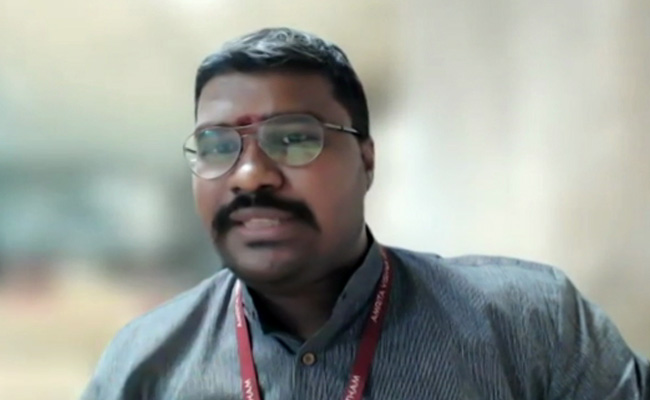 We started a centre in 2005 and we give courses on cyber security and an M.Tech course recently. We give knowledge on encryption and analysing the security of existing algorithms and we teach them to use machine learning or deep learning to identify crimes and we also teach them on how to do forensics with block chain and crypto.
We started a centre in 2005 and we give courses on cyber security and an M.Tech course recently. We give knowledge on encryption and analysing the security of existing algorithms and we teach them to use machine learning or deep learning to identify crimes and we also teach them on how to do forensics with block chain and crypto.Remember this word 'AMMA':
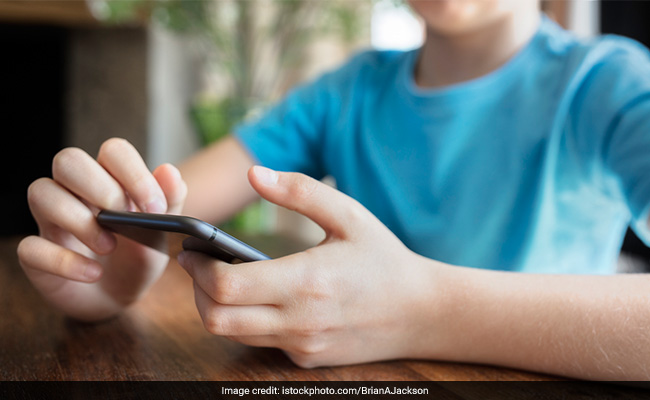 Here are some tips on how to stay safe in Cyberia.
Here are some tips on how to stay safe in Cyberia.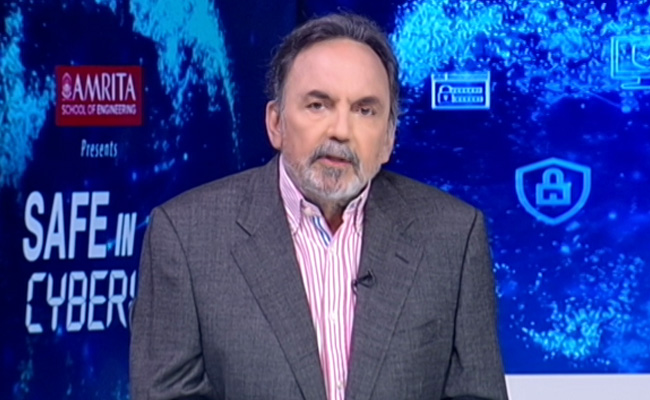 We don't realise how bad it is. The single biggest problem in the world is a trust deficit; corporates, citizens and governments, in fact, people don't trust each other and this has to do with misuse of the internet. Internet was the single biggest tool for democracy to make people heard but like many other inventions, it can be used for undemocratic purposes like the pegasus, snooping, stalkers and other crimes. The show is important to understand the ghastly phenomenon and safeguard ourselves.
We don't realise how bad it is. The single biggest problem in the world is a trust deficit; corporates, citizens and governments, in fact, people don't trust each other and this has to do with misuse of the internet. Internet was the single biggest tool for democracy to make people heard but like many other inventions, it can be used for undemocratic purposes like the pegasus, snooping, stalkers and other crimes. The show is important to understand the ghastly phenomenon and safeguard ourselves.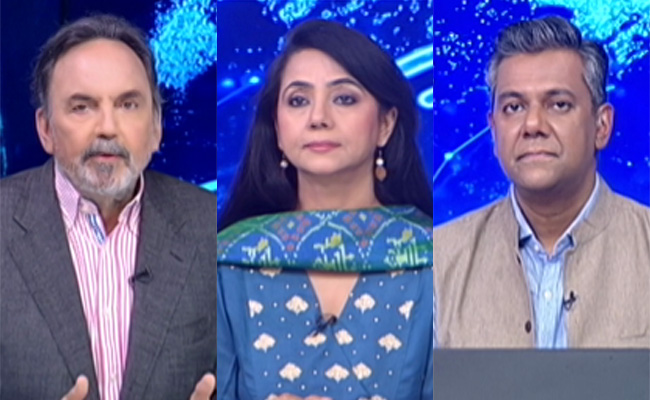
[Sponsored] #Cybercrime was up 600% during the COVID-19 pandemic. How can we inculcate responsible digital engagement among the youth?
- NDTV (@ndtv) May 15, 2022
Watch the 2-hour special #SafeInCyberia Telethon from 7pm today on NDTV network and https://t.co/QkiqTzfUsR
In partnership with @AMRITAedu pic.twitter.com/vOw83vYRVW
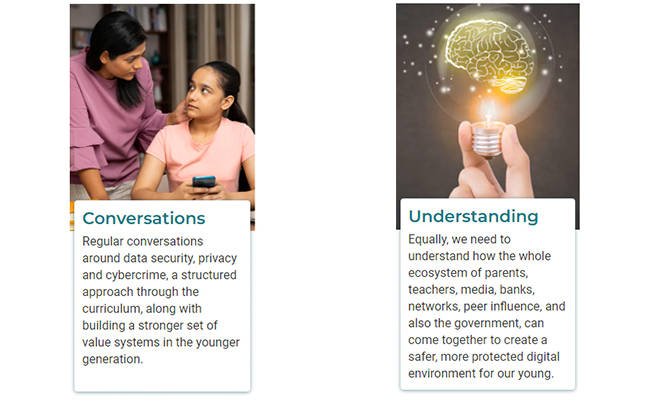
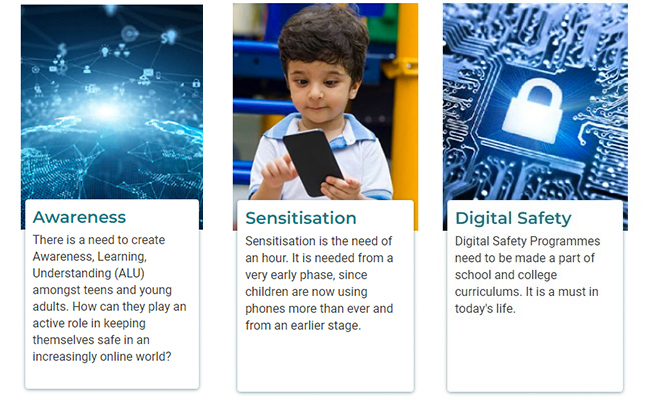
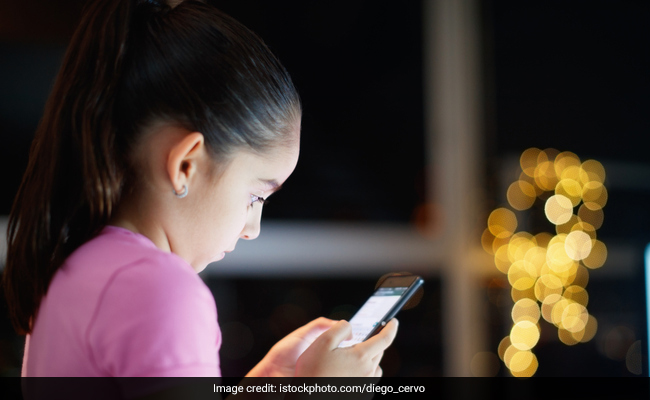
Physical spaces have been replaced by virtual playgrounds. Face-to-face meetings now mean emojis. If you like someone you send them a gif and not a gift. Student research is done on google and not in a physical library. There is an app to track and manage literally every aspect of our lives. In short, we are living our lives in "Cyberia "and this was before the pandemic.

